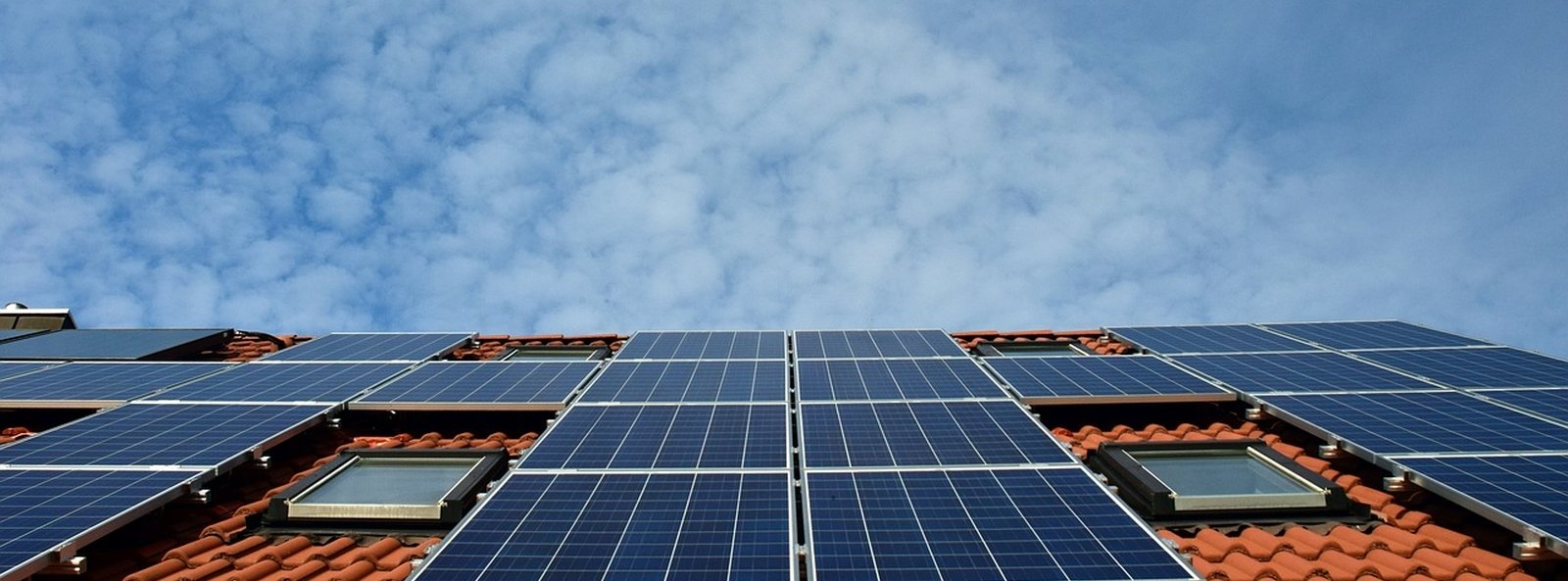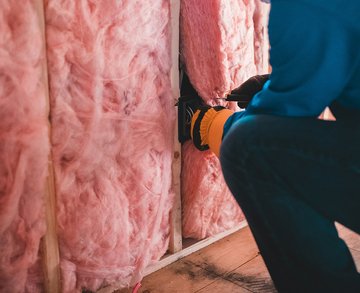Over the past decade, solar panels have become an increasingly popular option for homeowners looking to produce their own supply of clean electricity. Fortunately, solar technology has become more advanced and more accessible, meaning it’s easier than ever to integrate a system into your home – no matter which part of the country you’re in.
Is your home suitable?
Installing a residential solar system can be a worthwhile investment, as we’ll explore in this post. However, it’s important to note that not every home is suitable for solar panels, so you should always seek professional advice ahead of investing.
If you’re thinking about the logistics of joining the solar revolution, we look at some of the factors to consider before making your decision.
Potential savings
There are two main reasons why a homeowner may decide to invest in solar: to reduce their carbon footprint and to lower their energy bills. Having the freedom to use your energy supply to power your home means you can take back control of your utility costs by paying less for electricity from the national grid. This means there are vast savings to be had by utilising a solar panel system in the long term.
Though the amount each home will be able to save will vary depending on several factors – including location and consumption – estimates suggest that the average three-bedroom household in the UK will be able to save 64% on energy bills after installing a solar panel system.
Initial cost and return on investment
Installing a residential solar panel setup is a big investment. You can expect to pay around £5,500 for a standard system, but this figure can rise significantly depending on the output of your panels and the size of your property.
While this initial cost will certainly be a factor for most homeowners, it’s important to bear in mind that buying solar panels for your home is an investment, and you will eventually see a return on that initial outlay. In the UK, homeowners with a solar panel system can benefit from the Smart Export Guarantee (SEG). This is a government-backed scheme that allows small-scale energy generators to sell excess low-carbon electricity back to the grid. On top of the savings made on energy bills, this additional income can help to reduce the payback period on your system and help your initial investment go further.
What about the weather?
It’s a common misconception that solar panels only work in clear, sunny conditions. While it is true that direct sunlight creates the optimal conditions for energy generation, solar panels can still work on cloudy and rainy days. This means that UK homes will be able to use solar-generated electricity all year round, although it’s likely that at certain times your energy supply will need to be supplemented by the national grid.
It’s also worth noting that in particularly high temperatures, solar panels will work less efficiently, so the UK’s temperate climate is more than compatible with this particular renewable energy source.
Every home is different
Ultimately, it’s impossible to generalise and say that solar panels are a worthwhile investment for every property in the UK because that isn’t true. There are so many factors to consider that will determine whether or not a home is suitable for a PV system. For instance, the orientation of a property plays a decisive role in its compatibility, since south-facing homes will receive far more direct sunlight than homes facing any other direction.
In addition, if the sunlight is blocked from hitting your roof during the day by trees, buildings or any other obstructions, your system won’t be able to produce energy as efficiently as another home that’s completely clear of shading.
This means that two homes on the very same street could sit at opposite ends of the scale in terms of solar panel suitability, which is why it’s important to treat each home on a case-by-case basis. If you’re interested in creating your supply of solar power, be sure to get in touch with a professional installer who will be able to assess your home’s compatibility and ensure you can get the most from your investment.





